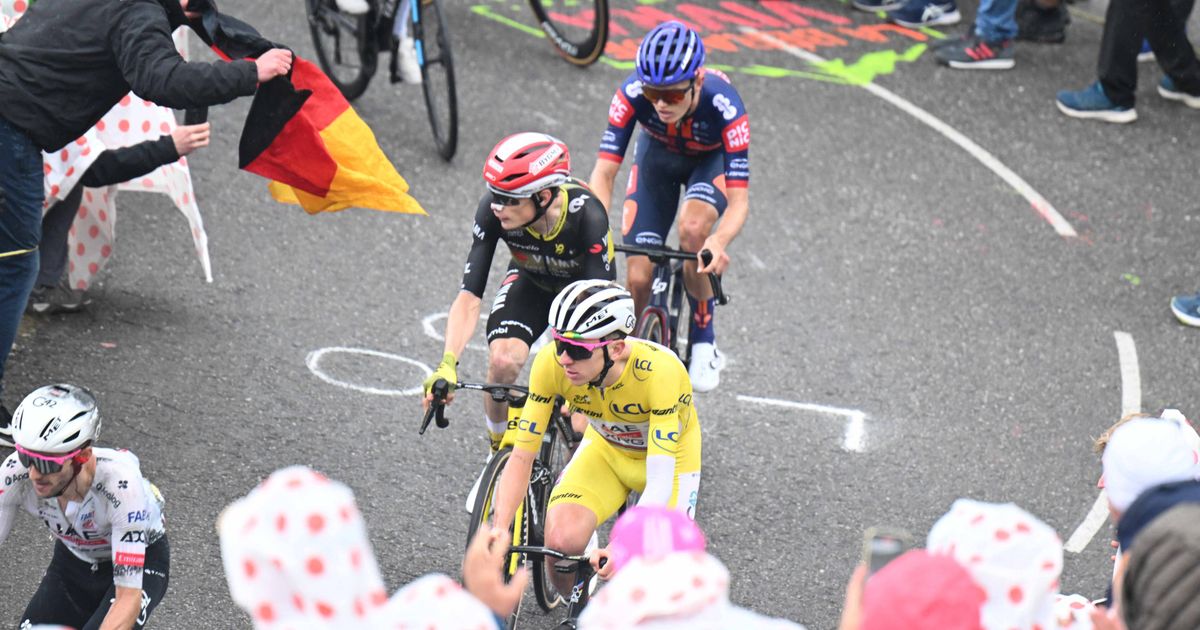Dutch ex-pro turned analyst Thijs Zonneveld has never been one to hold back — and his verdict on the newly revealed 2026 Tour de France route is as sharp as ever. The 45-year-old has accused organisers of “playing it safe” and serving up a mountain week that “makes no sense”, describing one Alpine stage as “really a disgrace”.
Rather than applauding the design of the final week, Zonneveld has criticised what he sees as a cautious approach that strips the Tour of its trademark tension. “Last year, every stage could go in any direction,” he said. “That’s been completely abandoned now.”
For him, the problem is not the inclusion of climbing but the way it’s presented — long, steady gradients that discourage aggressive racing.
The “mountain stage” that isn’t one
Zonneveld’s most scathing remarks were aimed at the ride to Orcières-Merlette, officially billed as a mountain stage. He argues that the profile is far too tame to justify the label.
“Stage 18 is, in my opinion, really a disgrace,” he said. “They call it a mountain stage, but it’s more like a light version of a one-climb day. Two or three percent for hours, then five, and the last climb averages maybe six. You can ride up it in the big ring at 35 kilometres per hour.”
He compared the layout to the 2020 edition, when Primoz Roglic won on the same summit finish with barely any gaps behind. “Jumbo pulled from the bottom like it was a lead-out, and there were still about fifteen riders together at the top,” he recalled. “I honestly don’t understand why you’d add stages like this.”Predictable racing, misplaced timing
The Dutchman’s main gripe is that such a steady profile has been placed deep in the decisive final week — precisely when, he argues, the Tour should be at its most explosive. “If it were early in the race, I’d get it,” he explained. “Then you keep the gaps small. But now? It makes no sense.”
He calls the stage “just boring”, lamenting that “nothing happens until the final five kilometres”.
Even Alpe d’Huez fails to inspireZonneveld also poured cold water on the hype surrounding the following day’s Alpe d’Huez finish. While the climb itself is legendary, he believes the run-in to it lacks bite. “Maybe Marco Pantani’s record goes, but that’s about the only exciting thing that might happen,” he said. “If you design a stage like that, you should at least make something of it.”
In Zonneveld’s eyes, the 2026 edition risks feeling too tidy, too predictable — a Tour lacking the chaos and unpredictability that made recent years must-watch television.
“This feels like a race without courage,” he concluded. “Even the queen stages feel like missed opportunities.”

